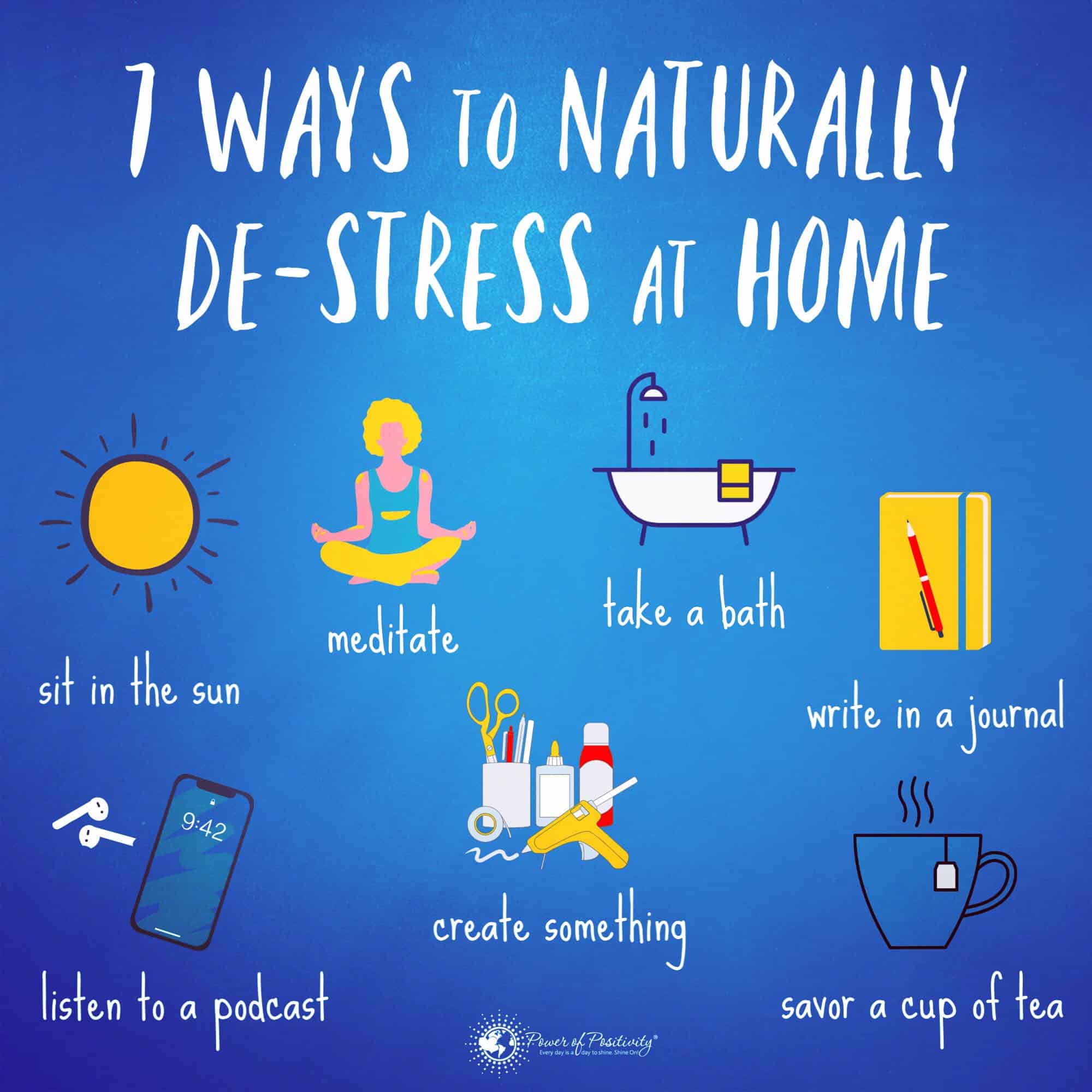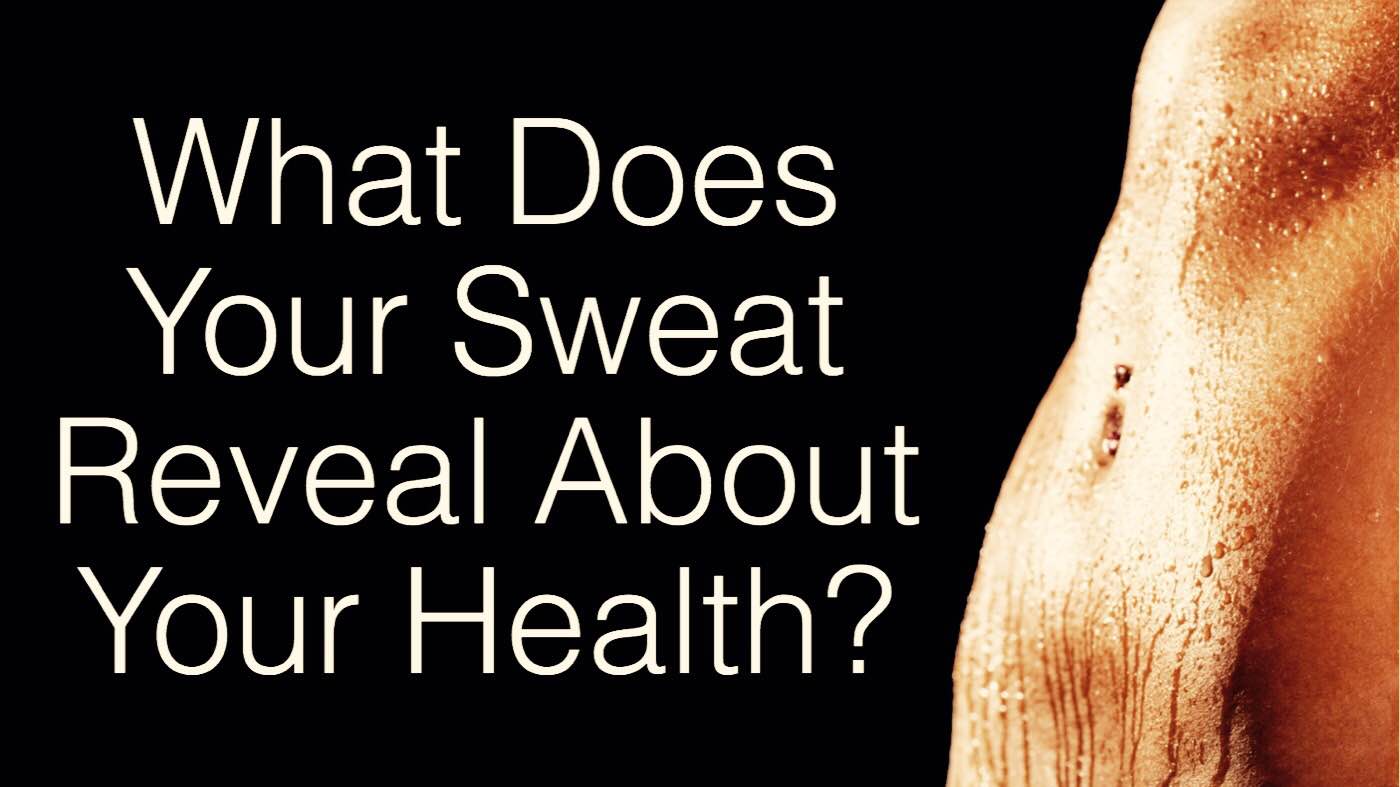Sweating when it’s hot outside is expected. But if you’re sweating and your skin feels clammy and cold, you may be having cold sweats. Cold sweats are common with certain health conditions and feelings. Here are ten causes of cold sweats that might be unfamiliar to you.
What are cold sweats?
Cold sweats are sudden sweating that’s not from heat or working too hard. They happen when your body is in a “fight or flight” situation. Cold sweats are somewhat of a medical mystery and can be challenging to interpret by a doctor.
What is the difference between cold sweats and night sweats?
You often hear cold sweats and night sweats being used interchangeably, but they are two different things. Night sweats happen only while you’re sleeping. You wake up in the middle of the night, drenched in sweat all over your body. Cold sweats don’t affect all over your body, and they can happen any time of the day or night. They’re often associated with a racing heart and low blood pressure.What causes cold sweats?
Here are the things that could cause this problem for you.
1 – Anxiety
Even though anxiety is an emotional response, it can cause a physical reaction. Anxiety is feelings of worry or fear. It’s normal to feel anxious once in a while, and healthy concern can be life-saving if you’re responding to a dangerous situation. You may break out in a cold sweat and feel butterflies in your stomach, sweaty palms, or a racing heart in certain conditions.
Sometimes, anxiety occurs when there isn’t a clear threat, it may cause problems with your ability to do daily activities. Your body reacts as if there is a life-threatening danger, making you break out in a cold sweat. This anxiety level could mean you are suffering from panic attacks, post-traumatic stress, or other anxiety disorders. If you experience anxiety along with cold sweats, be sure to talk with your doctor right away.
2 – Pain
Pain increases your heart rate, blood pressure, and breathing. You may feel shivery or get goosebumps. Sometimes you look pale. The worse your pain is, the more visible these symptoms will be. Pain also causes cold sweats.
For instance, when you break a bone or get hit in the head, your body reacts due to shock. You may suddenly feel light-headed, cold, and clammy. Your heart rate increases, causing blood to be diverted to major organs. You have low blood pressure. This “fight or flight” response is your body protecting itself from danger. Other physical reactions you may feel besides cold sweats include:
- Vomiting
- Tense muscles
- Dizziness
- Hyperventilating
3 – Severe infection
Severe infection that causes inflammation or a deadly type of infection called sepsis can cause you to have cold sweats. Infections caused by viruses or bacteria attack your body. Your immune system is supposed to fight off the disease, but if it can’t fight off the infection, especially infections located in your primary body tissues and organs, you can end up with sepsis. Sepsis increases your body’s inflammation so that your blood vessels leak blood or blood vessels, and your blood starts to clot. Your organs need to work harder to get fresh oxygen and blood, which results in cold sweats.
Sepsis is a life-threatening infection. The National Institute of General Medical Studies says that 1.7 million adults in the United States get sepsis every year, with 270,000 people dying annually. Sepsis cases are on the rise every year. Anybody can develop sepsis, but those with the highest risk include babies, young children, older adults, and people who have serious injuries or illness such as
- AIDS
- Cancer
- Liver disease
- Diabetes
If you think you have an infection, get to your doctor right away, especially if you have cold sweats with the condition. Other noticeable symptoms that could indicate you have sepsis include:
- A high fever
- Confusion or feeling disoriented
- Coldness and shivering
- Rapid breathing
- Quick pulse rate
4 – Hypoglycemia
A significant drop in blood sugar level is called hypoglycemia. It’s common in individuals with diabetes but, anyone can have a drop in blood sugar. If you skip a meal, you may suddenly feel cold and clammy. The lack of glucose in your blood triggers a release of adrenaline and causes your body to go into a “fight or flight” survival mode, causing you to have cold sweats. You may also feel extremely hungry, and your heart may pump hard. Try to eat several small meals instead of three big meals or skipping a meal to prevent his blood sugar dip.
5 – Fainting
When you faint, it means you’re not getting enough oxygen to your brain. Right before you pass out, you often feel cold and clammy and break into a cold sweat. Fainting happens for many reasons, including
- Getting too hot
- Sweating after extreme exercise
- The blood pools in your lower extremities
- Being exhausted
- Dehydration
- Heart conditions
- Emotional stress like fright or shock
If you often faint, be sure to tell your doctor so they can run tests to find the cause.
6 – Vomiting
A stomach bug that causes nausea and the feeling that you need to throw up causes you to get cold sweats simultaneously. Your skin feels chilled and clammy. This is because your heart rate increases. Depending on what’s causing the vomiting, it can come on suddenly and go away quickly. The cold sweats usually subside once you do vomit.
7 – Vertigo
Sudden dizziness that makes you feel like the room is spinning around you is called vertigo. People feel it when there is a problem in the inner ear connections to your brain. Vertigo causes sudden cold sweats, mostly when dizziness occurs. If you have vertigo along with these symptoms, be sure to see your doctor right away.
- Blurry vision
- Hard time walking
- Twitching eye movement
- Weakness
- Ringing in your ears
- Slurred speech
- Inability to speak
8 – Heart attack
One study found that one noticeable heart attack symptom is sudden cold sweats. Surprisingly, cold sweats may be the first sign of a heart attack in some people. A heart attack may cause chest pain, tightness in your chest, or cold sweats. Other symptoms of a heart attack include
- Jaw pain
- Squeezing feeling of your chest
- Pain in our neck, arms, or back
- Nausea
- Vomiting
If you have any of the symptoms along with cold sweats, you should get medical help right away. These could be the signs of a heart attack.
9 – Heat intolerance
If you have a severe reaction to the heat, it may result in cold sweats. If you feel ill when you’re in the heat for too long, you could be heat intolerant. Heat intolerance can be dangerous, even life-threatening.
Symptoms include the following:
- Feeling extremely hot in warm weather
- Cold sweats
- Lots of sweating
- Nausea
- Vomiting
- Dizziness
- Changes in your mood
- Anxiety
10 – Extreme headaches
Painful headaches like migraines can cause you to break out in a cold sweat, especially when you’re feeling the pain of the headache. Migraines are debilitating. They interrupt your ability to go to work, do school, or do your regular household activities. During a migraine, if you also experience these symptoms along with the sweating, be sure to see your doctor right away. These symptoms include:
- Trouble speaking
- Blurred vision
- Numbness
- Weakness
- Inability to hear
- Sensitivity to sound
- Confusion
- Disoriented
Final thoughts on dealing with the cold sweats
Feeling chilled, cold, and clammy all of a sudden, maybe cold sweats. Unlike night sweats, this physical reaction can occur any time of the day. Although cold sweats are somewhat of a medical mystery, they seem to be associated with certain illnesses or conditions like heart attacks, vomiting, pain, severe infection, and heat intolerance. If you continuously have this problem, along with some symptoms listed in this article, be sure to see your doctor right away to find out what’s going on.















 Community
Community

